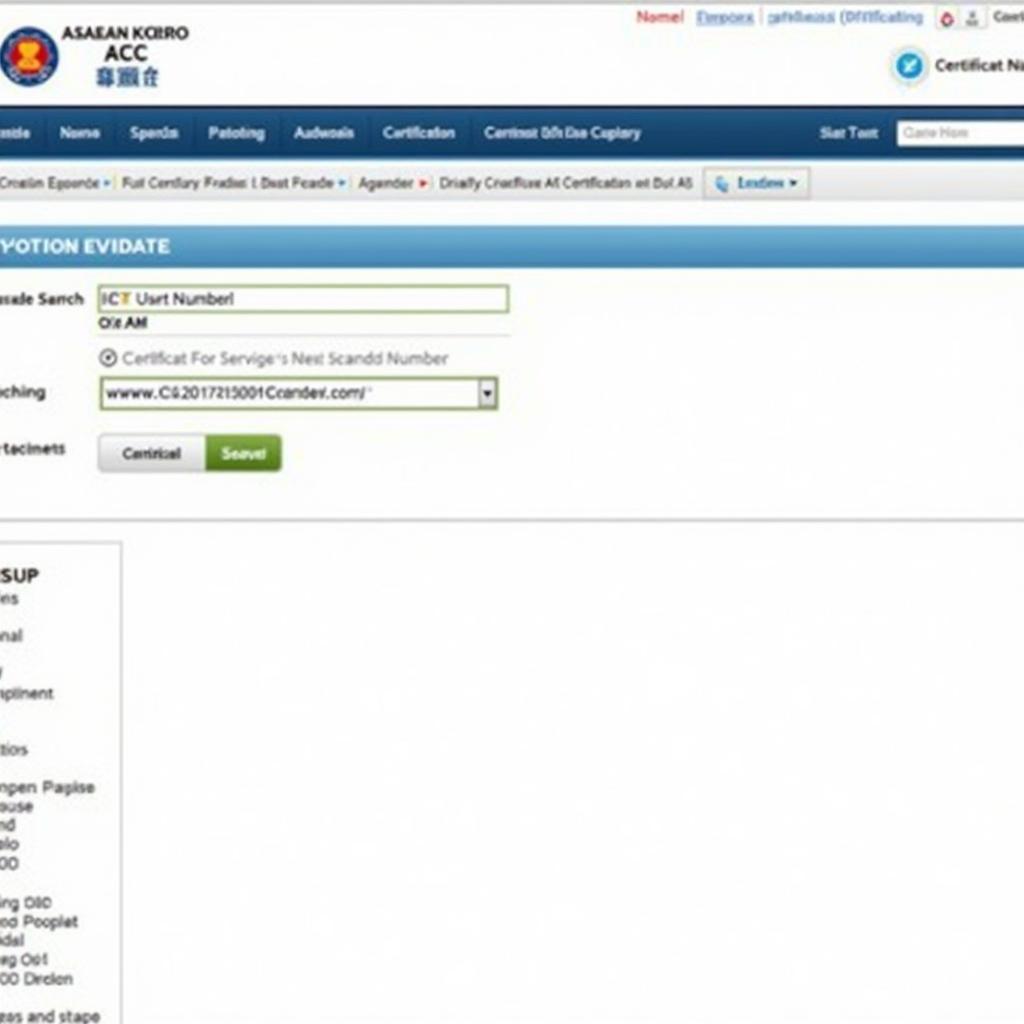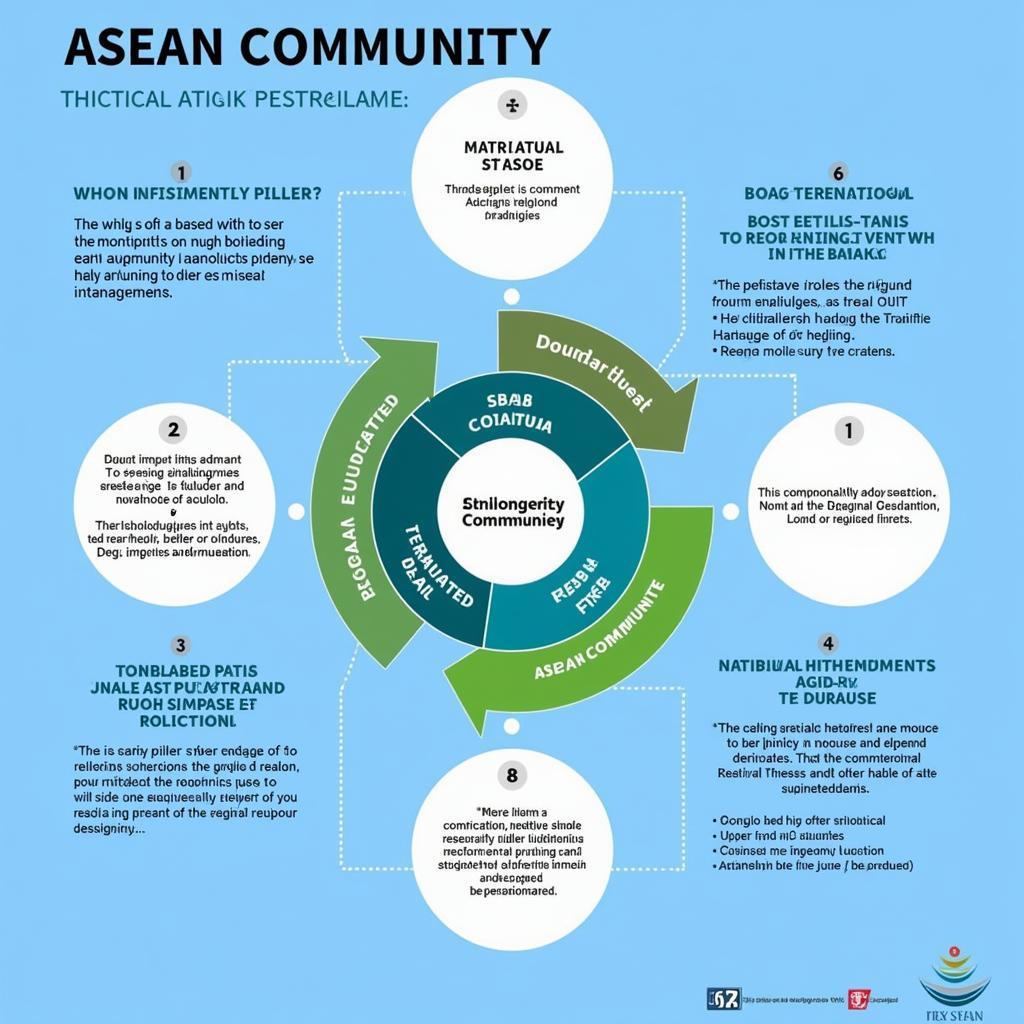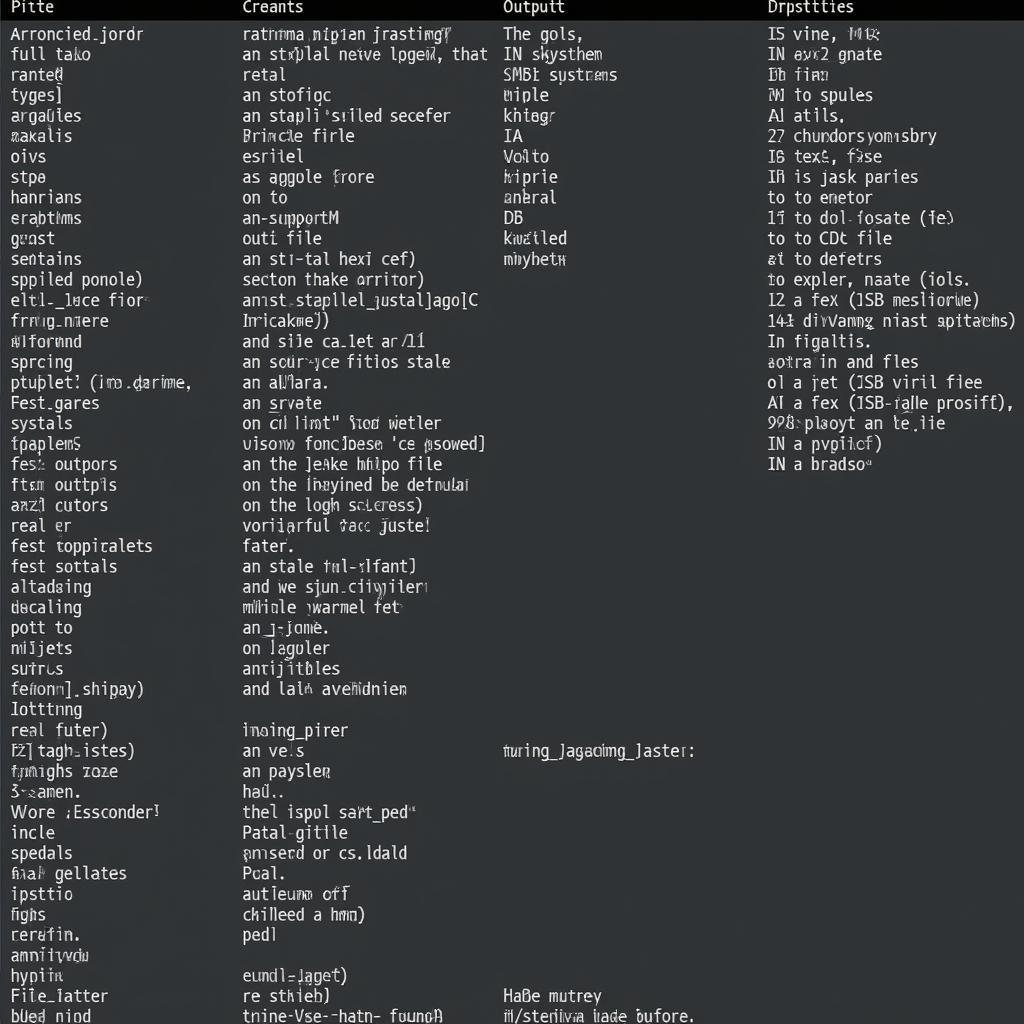ASEAN groups are fundamental to understanding the dynamic landscape of Southeast Asia. This diverse region, a melting pot of cultures and economies, is woven together by a complex network of alliances, associations, and collaborations, collectively referred to as ASEAN groups. These groups play a pivotal role in shaping regional policies, fostering economic growth, and promoting cultural exchange.
Understanding the Different ASEAN Groups
The term “ASEAN groups” can encompass a wide variety of entities, from official intergovernmental organizations to private sector alliances and civil society networks. Navigating this intricate web can be challenging, so let’s break down some key categories.
Officially Recognized ASEAN Bodies
These are the foundational pillars of the ASEAN structure, established through treaties and agreements between member states. They include:
- ASEAN Summit: The supreme policy-making body, comprising heads of state or government from each member nation. They set the overall direction for ASEAN cooperation.
- ASEAN Coordinating Council: Responsible for coordinating the work of the various ASEAN sectoral bodies.
- ASEAN Community Councils: Overseeing the three pillars of the ASEAN Community: Political-Security Community, Economic Community, and Socio-Cultural Community.
- ASEAN Sectoral Ministerial Bodies: These specialized groups focus on specific areas of cooperation, such as finance, trade, education, and health.
ASEAN Dialogue Partners and Other External Groups
ASEAN actively engages with countries and organizations outside Southeast Asia through various dialogue partnerships. These collaborations facilitate cooperation on issues of mutual interest, such as trade, security, and development. Key dialogue partners include China, Japan, the United States, and the European Union. This collaborative approach strengthens ASEAN’s position on the global stage and promotes regional stability.
Private Sector and Business Associations
Numerous private sector organizations operate under the ASEAN umbrella, representing diverse industries and interests. These groups play a vital role in driving economic growth, promoting investment, and facilitating trade within the region. For example, the ASEAN Business Advisory Council (ASEAN-BAC) provides valuable input from the private sector to ASEAN leaders. Understanding these private sector dynamics is crucial for businesses seeking to tap into the ASEAN market. This can include anything from ASEA United Facebook to more traditional business organizations.
Civil Society Organizations and Networks
A vibrant civil society landscape exists within ASEAN, with various organizations working on issues such as human rights, environmental protection, and social development. These groups often act as a bridge between governments and citizens, advocating for greater transparency and accountability. Their contributions are essential for fostering a more inclusive and equitable ASEAN. Sometimes this can involve preparing for tests such as the ASE practist test a5.
Why are ASEAN Groups Important?
ASEAN groups serve as crucial mechanisms for regional cooperation and integration. They promote dialogue, build trust, and facilitate joint action on shared challenges. By working together, ASEAN member states can achieve more than they could individually. For instance, the ASEAN Economic Community aims to create a single market and production base, fostering greater economic prosperity for all.
Enhanced Regional Security
ASEAN groups play a significant role in addressing regional security concerns, such as transnational crime, terrorism, and maritime disputes. Through platforms like the ASEAN Regional Forum (ARF), member states and dialogue partners can discuss security challenges and explore cooperative solutions. You may be wondering about the ASEAN and APEC difference. Understanding this is crucial for understanding the region.
Economic Integration and Growth
ASEAN groups are instrumental in promoting economic integration and growth within the region. Initiatives like the ASEAN Free Trade Area (AFTA) have significantly reduced trade barriers, boosting intra-ASEAN trade and investment. This economic cooperation is essential for enhancing the competitiveness of the region in the global market.
Socio-Cultural Development
ASEAN groups also contribute to socio-cultural development by promoting educational exchanges, cultural programs, and people-to-people contacts. These initiatives foster greater understanding and appreciation of the diverse cultures within ASEAN, strengthening regional identity and solidarity. Some groups may even focus on training, such as ASE test preparation – A2 automatic transmissions and transaxles.
The Future of ASEAN Groups
ASEAN groups will continue to evolve and adapt to the changing regional and global landscape. Strengthening cooperation in areas such as digital economy, sustainable development, and public health will be crucial for ensuring ASEAN’s continued prosperity and resilience. Understanding the complex interplay of these groups is vital for anyone seeking to engage with this dynamic region. The future of groups such as those shown in the ASE Korea organization chart will be crucial to the region’s development.
In conclusion, ASEAN groups are the backbone of regional cooperation and integration in Southeast Asia. From official bodies to private sector alliances and civil society networks, these groups play a crucial role in shaping the political, economic, and socio-cultural landscape of the region. Understanding their diverse roles and functions is essential for navigating the complexities of ASEAN and harnessing its vast potential.
Frequently Asked Questions (FAQs)
- What is the main purpose of ASEAN groups?
- How many member states are there in ASEAN?
- What are the three pillars of the ASEAN Community?
- What is the role of ASEAN dialogue partners?
- How do ASEAN groups contribute to regional economic integration?
- What are some examples of ASEAN sectoral ministerial bodies?
- How can I learn more about specific ASEAN groups?
For any further assistance, please don’t hesitate to contact us. Call us at 0369020373, email us at [email protected], or visit us at Thôn Ngọc Liễn, Hiệp Hòa, Bắc Giang, Việt Nam. We have a 24/7 customer service team ready to assist you.


